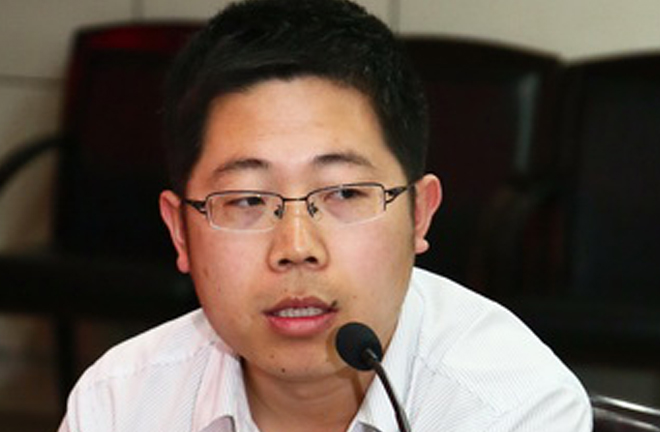SUN JINGXIN: ‘Belt and road’ brings China more discourse power
 China’s international discourse power is still relatively weak compared with its status as a major country. But in recent years, the internal and external environment has emboldened us and provided more resources to win discourse power. To this end, good platforms and opportunities are important. Through the Belt and Road initiative, China has a golden opportunity to obtain international discourse power.
China’s international discourse power is still relatively weak compared with its status as a major country. But in recent years, the internal and external environment has emboldened us and provided more resources to win discourse power. To this end, good platforms and opportunities are important. Through the Belt and Road initiative, China has a golden opportunity to obtain international discourse power.
First, the initiative is ideologically powerful and appealing, winning China more discourse power in the conceptual domain. Currently, most countries and international organizations are still accustomed to judging the merits of any given proposal by Western thinking and values, while those of the developing countries, including China, tend to be neglected in the international community.
The Belt and Road initiative makes breakthroughs in this regard. It aims to build a community of common destiny, interests and responsibilities. It advocates harmony rather than melodrama. Behind this proposal is the Chinese wisdom accumulated in thousands of years of development.
The Belt and Road initiative also wins discourse power through its institutional design.
Unlike many systems dominated by the Western world, the initiative stresses inclusiveness and diversity in system design. It abandons the mentalities of hegemony and exclusiveness. It respects the existing bilateral, multilateral, regional and sub-regional cooperative frameworks while seeking points of cooperation based on these frameworks. The Silk Road Fund and Asian Infrastructure Investment Bank are all for this purpose.
China not only welcomes countries along the route but also invites other countries and international organizations to join. In addition to proposing its own plans and mechanisms, China is also active in joining systems proposed by other countries.
The Belt and Road initiative gains credibility by solving problems, thus winning China’s discourse power in international relations. Obtaining more discourse power is not simply about getting more chances to express ourselves. It is about being more influential in solving practical problems.
The Belt and Road initiative is not an empty slogan. It embodies concrete methods and plans. By the end of 2016, the initiative had gotten responses from more than 100 countries and regions while 30 countries and organizations have signed cooperation agreements with China. A batch of significant projects are being implemented. These agreements and projects are the substantial results of China’s growing discourse power.
According to statistics from the Center for International Communication Studies, in 2016 alone, there were more than 40,000 English reports from overseas media covering the Belt and Road initiative. International think tanks released nearly 50 reports dedicated to the topic, and 20 varieties of publications themed on the initiative came out.
A survey of G20 members shows that over 50 percent of people interviewed believe the initiative has had a positive influence on themselves and their countries, as well as on regional economy and peace. These are all evidence that the Belt and Road initiative has gained China more international discourse power.
Sun Jingxin is an associate research fellow from the Center for International Communication Studies of China Foreign Languages Publishing Administration.
